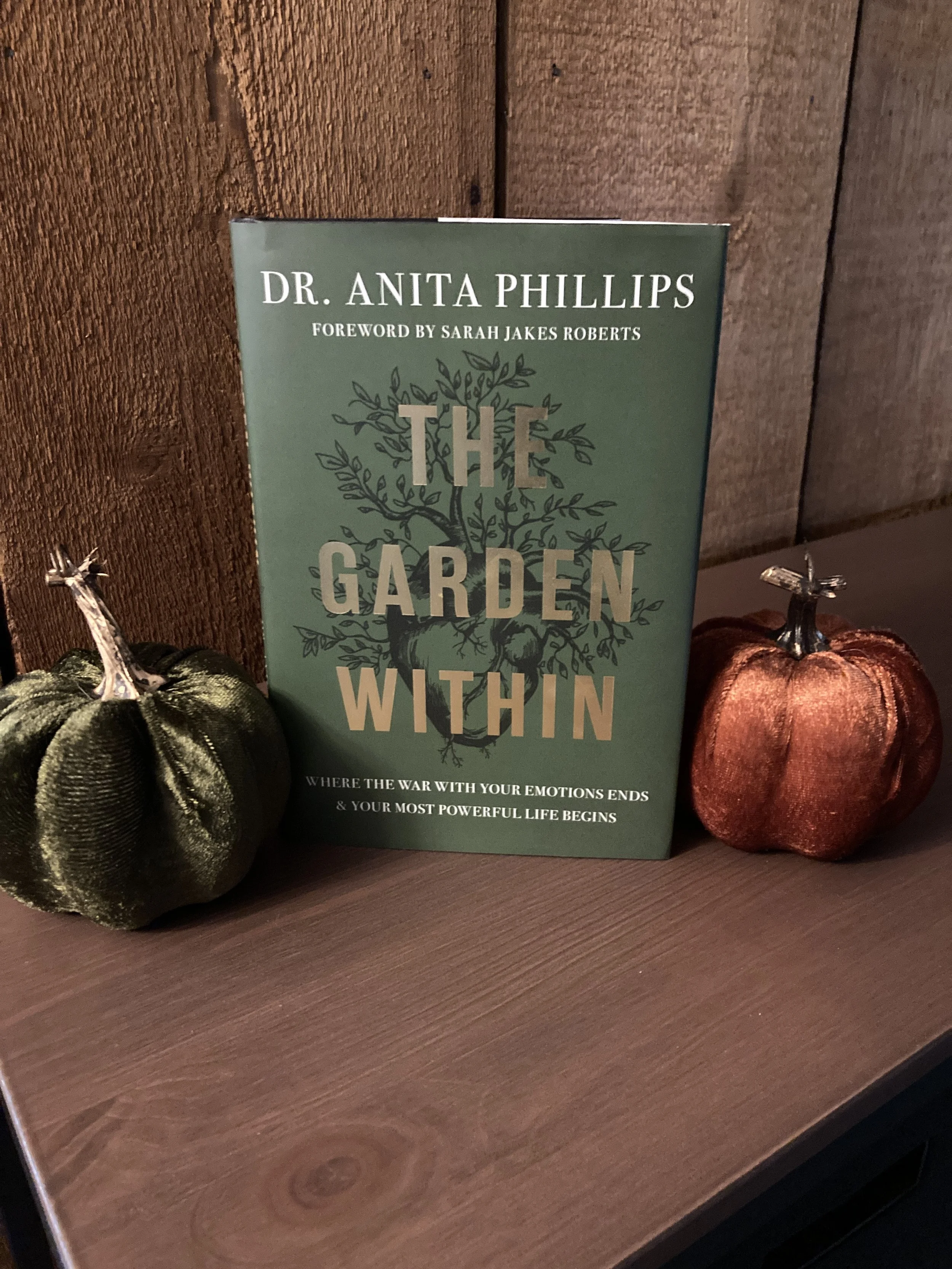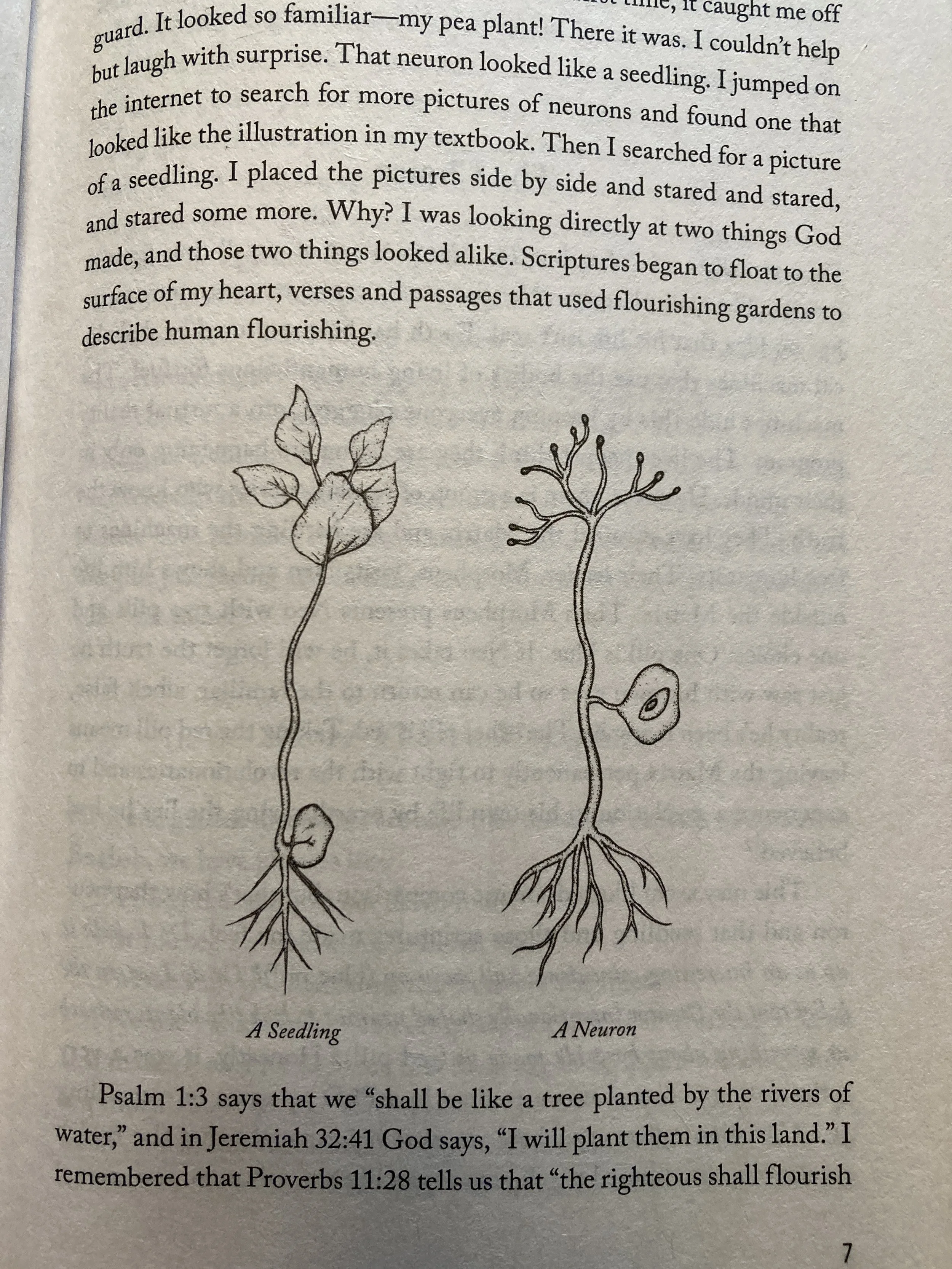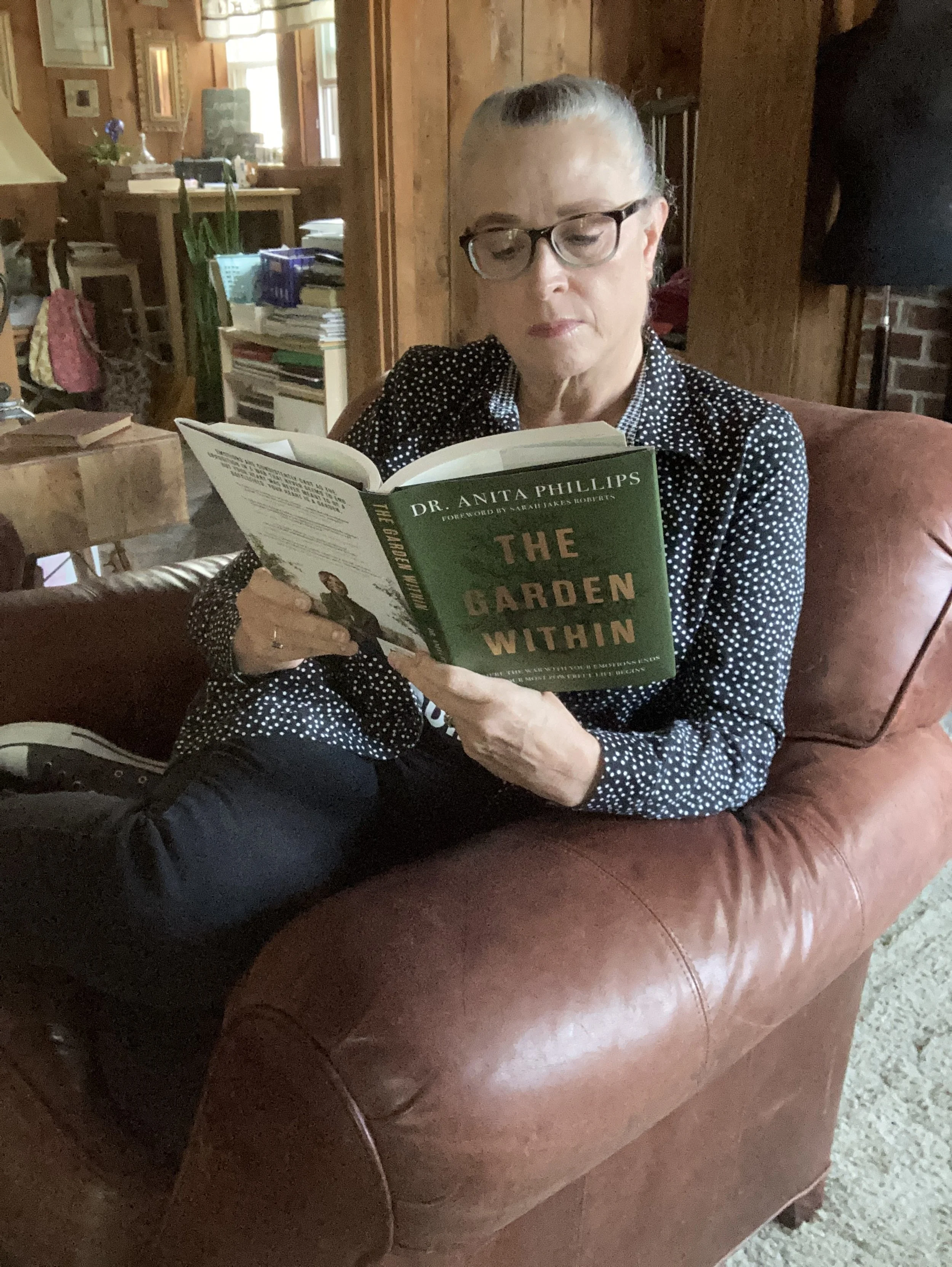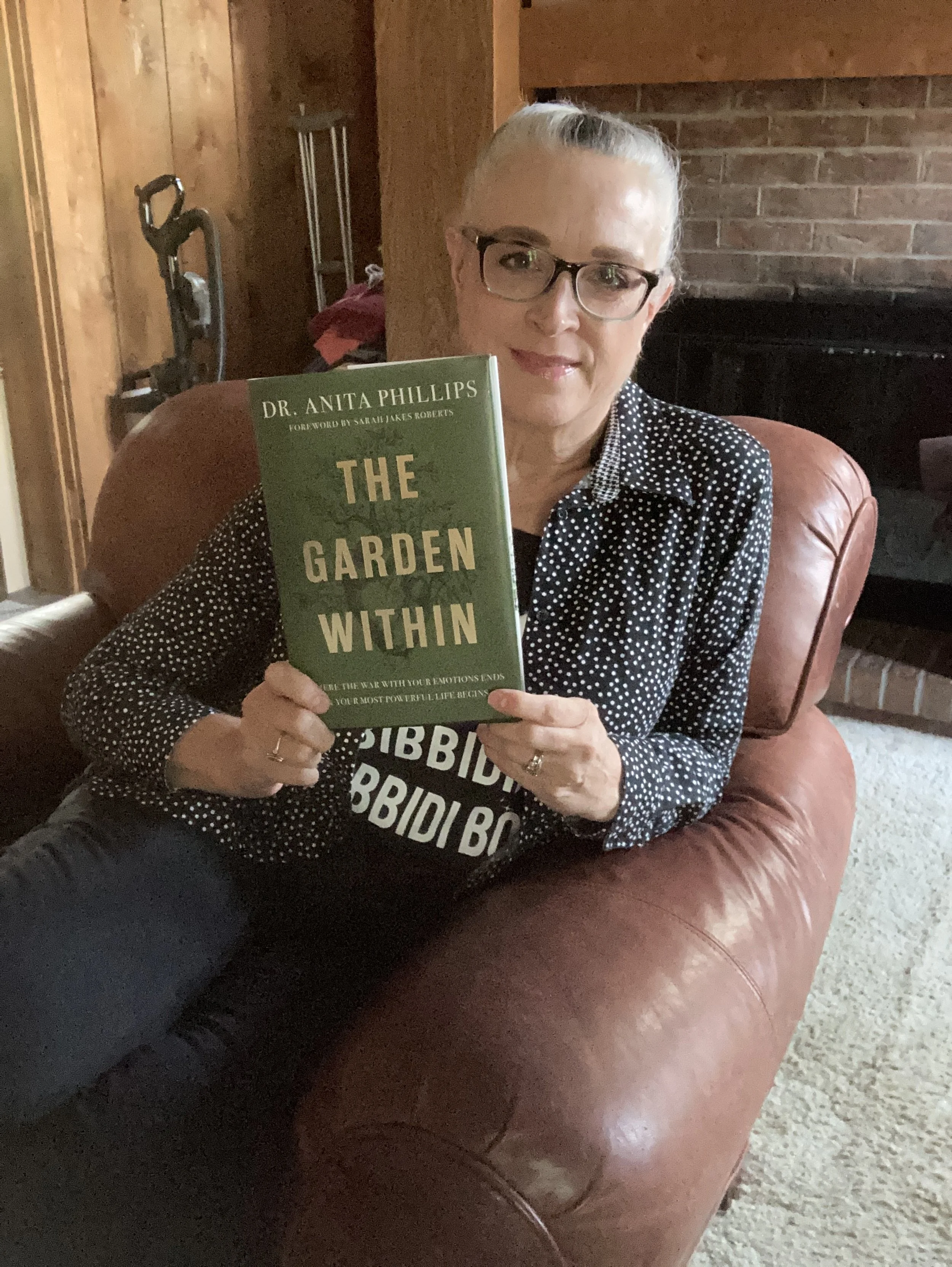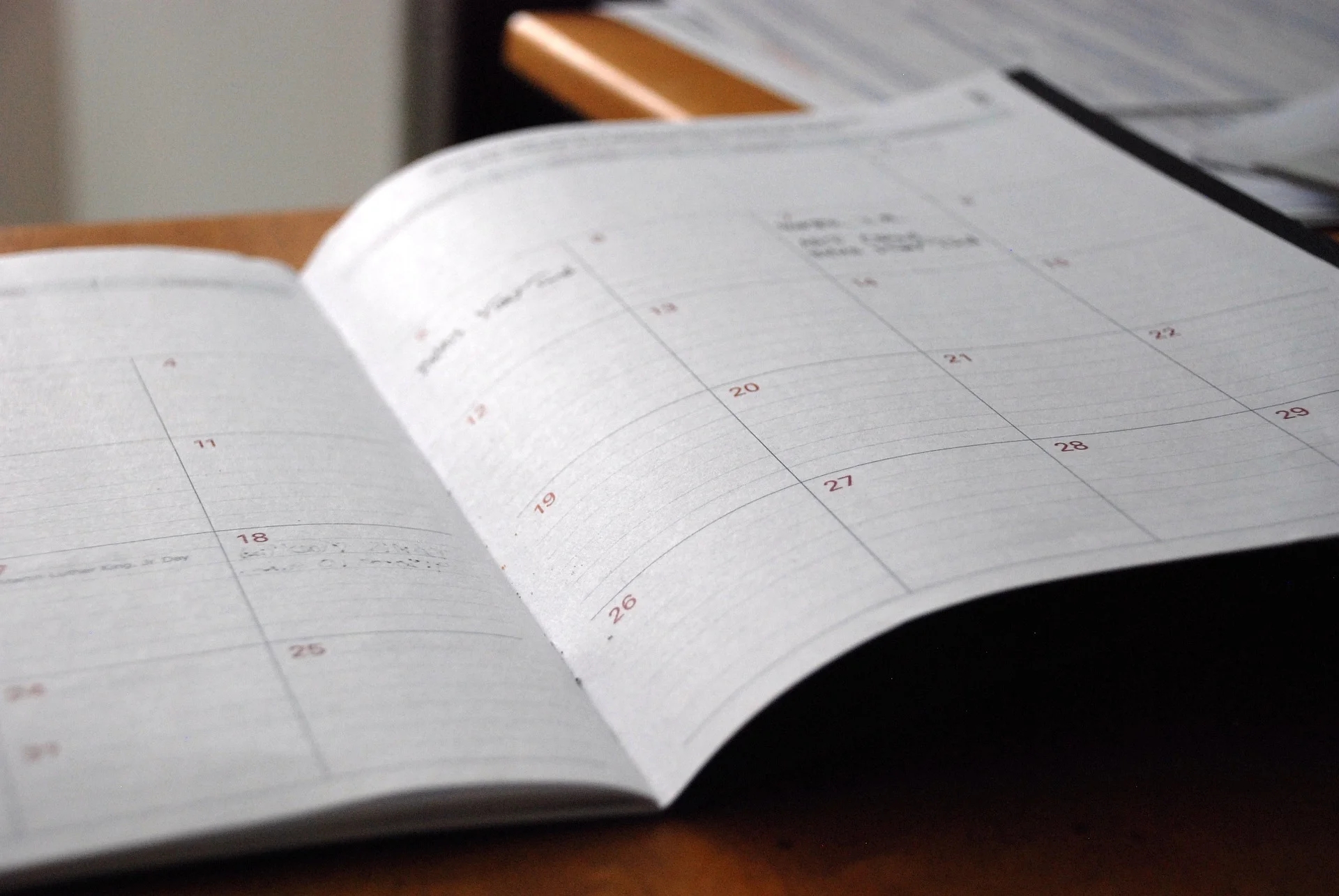Book Review - The Garden Within by Dr. Anita Phillips
I was given the opportunity by Frontgate Media to review another book. In exchange for the review I am provided with a free copy of the book. I like to be choosy about which things I review and recommend to you, the readers and subscribers of my blog. I try to choose things that speak to where we are as women, and more specifically, women of faith.
The Garden Within by Dr. Anita Phillips is another book I found compelling and useful. Dr. Phillips is a minister, therapist, and life coach.
“Widely recognized as a thought leader at the intersection of mental health, faith and culture, Dr. Anita holds degrees from the University of Maryland and Regent University and completed a postdoctoral fellowship at the Johns Hopkins Bloomberg School of Public Health.”
In this book Dr. Phillips discusses why embracing our emotions is key to living a truly powerful life. She combines ideas from neurobiology, faith and her own research in showing how strengthening our emotional well being will also help to strengthen our physical bodies, renew our minds and reawaken our spiritual joy.
She believes God created us with the heart as the center of the human experience, rather than the mind. She also believes Jesus, who was completely in touch with His emotions, understood this to be true, and offers examples from the scripture from weeping in front of Lazarus’ tomb (John 11:35), to anger in the temple over the money changers (Matt. 21:12), to wrestling in the garden with the anguish of what awaited him on the cross (Luke 22:42).
“You don’t need to overthrow your emotions to experience a revolution in your life. You just need to overthrow the lies you have believed about your emotions. The Creator designed your heart to be a garden, not a war zone. A truly powerful life isn’t won. It’s cultivated.”
The Garden Within is divided into three sections: Part 1 - Soil Power, Part 2 - Deeply Rooted, and Part 3 - The Embodied Garden. Each of these sections takes a look at our emotional tapestry through the analogy of a garden.
When Anita was a child in 5th grade science class she was fascinated by her teacher’s assignment of growing a pea plant in wet paper towels rather than dirt. Her teacher wanted the students to understand how much growth went on before the plant was ever above the soil. Her fascination with plants continued all throughout her education, but when she was a mother of two, a licensed therapist and working on her PhD she found herself again in a science class.
At the same time Anita was delving into a study of the book of Romans. Only a few verses into the first chapter she was stunned by Romans 1:20.
“20 For since the creation of the world His invisible attributes are clearly seen, being understood by the things that are made, even His eternal power and Godhead, so that they are without excuse,”
The next day her assigned reading was an introduction to neurons. Upon, seeing a picture of a neuron she was flabbergasted to see it looked almost exactly like her pea plant. God had made both the pea plant and the neuron. Anita realized there were to many passages in scripture that had to do with plants, trees and gardens. These passages were used to teach spiritual lessons and guidelines for living. She felt God was revealing to her a deep connection between the world as He created it and the world He created inside of us in the form of our emotions, thoughts and actions.
Illustration from The Garden Within - p. 7
Dr. Phillips found herself searching for answers to a number of questions and this is what she discovered:
1 - How does Scripture define well-being? As a garden. (Isaiah 58:11)
2 - What is mean to grow in the garden? Relationships, purpose and legacy - things that give our life meaning.
3 - Where is the garden planted? In the soil of our hearts.
4 - What makes that soil fertile? Faith, hope and love.
5 - What is emotional well-being? Our capacity - and willingness - to be aware of, acknowledge, and experience all our emotions.
6 - What happens when we cultivate emotional well-being? We unleash, sustain and nourish the full power of the word-seeds that we choose to plant in our garden within.
7 - Is this what it means to live a powerful life? Yes.
(Points taken from The Garden Within - pp. 43-44)
Anita uses the events of Creation, and the Parable of the Sower and the Seed to further expand on these points and show us how to begin cultivating our own garden within by first determining what we want to grow in the three zones of relationships, purpose and legacy. We then prepare our soil, or our hearts by pulling weeds and cleaning and checking the soil by being aware of how we are doing emotionally. Next we set up a watering system. Just as gardens have to be intentionally watered, so too our emotional well being needs to be taken care of. Finally, we determine to plant good seeds.
“Our spiritual well being hinges on the quality of the word-seeds sown because they determine what we believe is true about God and ourselves. Each seed is a potential blessing or potential curse.””
Anita points out that these word-seeds come to us from all directions including things we tell ourselves. What we choose to plant, or listen to, will determine what grows in the garden of our hearts.
There is a lot of information in this book and I personally feel it will require several readings to fully grasp all the concepts and wisdom within its pages. However, Dr. Phillips does address a number of prominent emotions: sadness (including loneliness and grief), anger, and fear. She gives examples and outlines a therapeutic processes for each emotion to help dig in and cultivate the soil in our hearts.
I would recommend this book for anyone who has gone through emotional trauma, or who has just been part of the “don’t express it, or talk about it” culture. I am going to be reading through this again and taking notes to glean even more. If yo would like to buy your own copy of The Garden Within by Dr. Anita Phillips, just click on the link.

